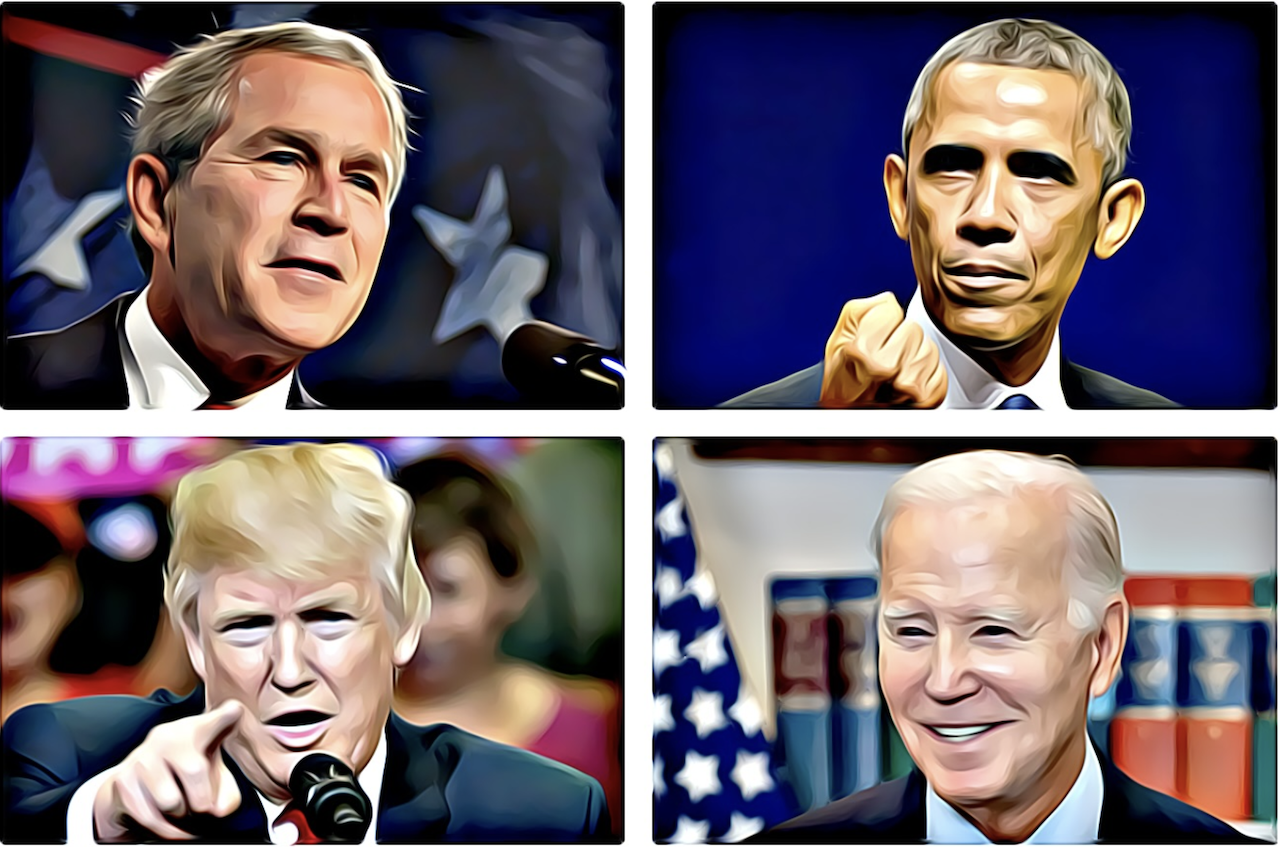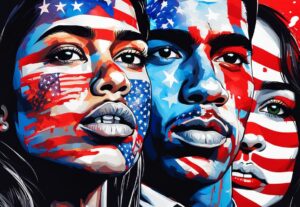(Phoenix, Arizona) — The landscape of American democracy is complex, especially when we consider the 2020 presidential elections, which are remembered as a turning point. As we approach the November 5, 2024, election, it’s essential to look back at the history of recent American politics to fully grasp the significance of that election and the socio-political convulsions that followed.
Controversial elections are nothing new for the United States. The showdown between George W. Bush and Al Gore in 2000 still lingers in the collective memory, marked by a recount, legal battles, and a Supreme Court decision that ultimately awarded the presidency to Bush. This divisive contest left scars, setting a precedent for a polarized political landscape influencing subsequent elections.
Related → From ballots to results: a journey through Maricopa County Tabulation and Election Center
Since the turn of the millennium, American politics has been characterized by deep polarization, exacerbated by various socio-political trends. The rise of partisan media, echo chambers on social networks, and growing tribalism within the major parties have all contributed to widening the gap between left and right.
The presidency of George W. Bush, which lasted eight tumultuous years, left a mark on American politics. From the aftermath of the September 11 attacks to the War on Terrorism and the controversial invasion of Iraq, Bush’s tenure was marked by moments of unity and disagreement, leaving a nation grappling with its role on the world stage and the erosion of civil liberties at home.
The election of Barack Obama in 2008 was a landmark moment. As the first African American president, Obama’s time in office was characterized by moments of uplifting rhetoric and intense opposition. Significant accomplishments like the Affordable Care Act were achieved during his two terms, alongside the challenges posed by the economic downturn known as the Great Recession. Yet, his presidency also laid bare enduring racial tensions that persist within American society.
Against this backdrop of upheaval and change, the stage was set for Donald Trump’s rise to the highest office in the land. A political outsider with a penchant for controversy, Trump’s unorthodox campaign resonated with disgruntled voters, promising to disrupt the status quo and put America first.
His presidency, marked by a combative style and a flurry of executive orders, further fueled the flames of division, laying bare the fissures of a deeply divided nation.
The 2020 election, perhaps the most consequential in recent memory, saw the defeat of incumbent President Trump by Democratic challenger Joe Biden. However, far from healing the wounds of a bitterly contested campaign, the outcome of the election descended into chaos.
Claims of widespread electoral fraud and a stolen election fueled by Trump and his followers culminated in the shocking scenes of the January 6, 2021, insurrection at the United States Capitol, shaking the foundations of American democracy to its core.
Challenges of American politics in the 2024 electoral process
On the threshold of another presidential election, the issues dividing Americans as a nation have never been more apparent. From healthcare and immigration to climate change, racial justice, and reproductive rights, the dividing lines running through American society are as deep as they are wide. The choice facing voters in 2024 is not simply one between two candidates, but a referendum on the very soul of America.
In this era of misinformation and hyper-partisanship, it’s every American citizen’s responsibility to seek the truth, question their own biases, and engage in civil discourse with those who may hold opposing views. The future of American democracy depends not only on the actions of its leaders but on the collective will of an informed and engaged citizenry.
As the American people navigate the turbulent waters of the 21st century, they must remember that the power to shape their destiny is not solely in the hands of politicians but lies in their ability to participate in the democratic process.
At this critical moment, it is essential to recognize the importance of informed and engaged citizenship in making decisions that impact the nation’s future.
© 2024, Eduardo Barraza. All rights reserved.





